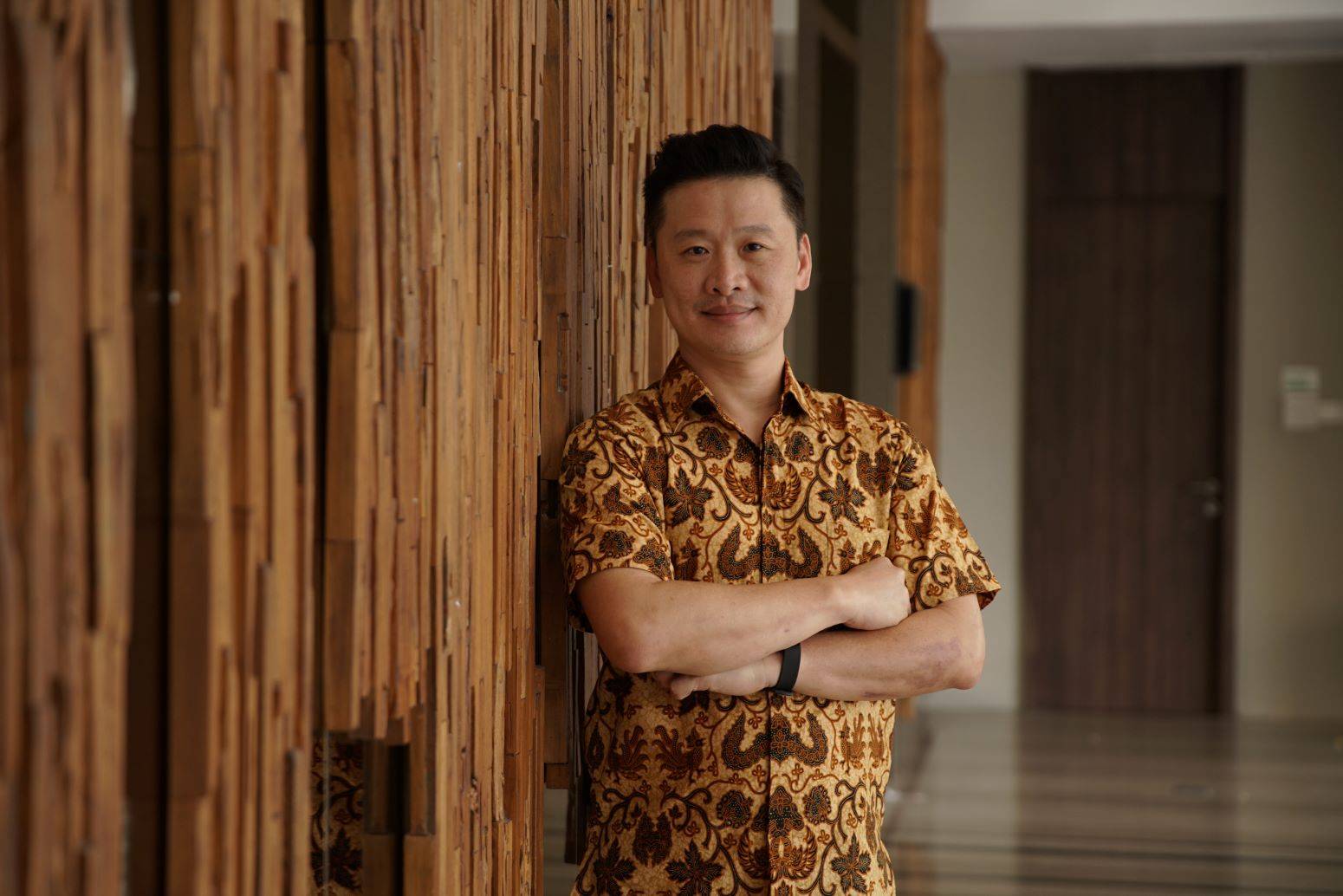Boomi’s CTO Matt McLarty observed that organizations need to do experimentation, shed paralysing inertia, and leverage combinatorial innovation to optimize technologies like generative AI.
Boomi CTO Matt McLarty had admitted that Boomi has a strong bias – towards just trying things out. “Time is so precious now, especially with the digital economy, and with Boomi having gotten all the tools to reduce cost of methods and experiments, I think companies just need to get more of a culture of experimentation.”
He observed that instead due to fear, operational limitations, or organizational structures that are misaligned, there is still a tendency for companies to take too long to even decide what to do let alone do what they decide to do.

Matt McLarty, Boomi CTO
“That’s why, coming into Boomi it has been very refreshing that we have this very strong strong bias.”
On the plus side, tts customers have been busy experimenting since last October when Boomi announced Boomi GPT, a powerful conversational AI functionality.
For example, World Wide Technology (WWT), a technology solutions provider and Boomi partner, had experimented with Boomi’s low-code platform for data integration, importing and processing. Ken Maglio, Principal Architect, also expressed excitement about using AI agent, FinTalk, to eliminate reliance on manual spreadsheets, “Now, that we would have the data within Boomi and within the system, I can start to have something like FinTalk to answer our questions instead of create reports and forecasts ourselves.
“That has me excited about the future, and the next 6 to 12 months… what agents could we use?”
Matt confirmed this flurry of experimental activities within the community, saying they have had a “tonne of feedback” about customer initiatives around the new Boomi capability.
“(The launch) seems like three years ago now, because so much has happened,” Matt said and added that about 80-percent of new AI features Boomi has put into the product are based on customer inputs.
But, it is more than just a drastically enhanced Boomi GPT. The recently concluded Boomi World 2024 in Denver saw CEO Steve Lucas sharing Boomi’s vision for the future of enterprise technology and announcing expanded capabilities in API management, data management and automation.
Boomi has also introduced a game-changing feature, the AI agents that Ken talked about, that are powered by small and large language models and are designed to automate and streamline various business processes.
AI agents – a sweet blend of corporate policy, large language models, and human judgement
During this keynote, Steve Lucas had shared a foreseeable future where no human would ever have to manually execute tasks like expense approvals, thanks to AI agents; and other capabilities yet to be invented.
That has me excited about the future, and the next 6 to 12 months… what agents could we use?”
“Two years from now, no human will approve an expense report because large language models (LLMs) will perfectly learn how human judgment has been applied. That intersects with corporate policy and (LLMs) will apply it faster and more consistently than you ever can.”

Steve Lucas, Boomi CEO, during day one keynote of Boomi World 2024
The average enterprise company has nearly 400 cloud applications alone, a very vast app sprawl when you add on-prem applications, which integration and automation platforms like Boomi build interconnected processes for.
Steve explained that Boomi is also enhancing its automation capability with AI agents that can orchestrate and automate entire work processes. “This unified platform called the Boomi Enterprise Platform, is just the beginning.”
He also wanted to introduce the idea that all enterprise applications will be rebuilt, to be able to ‘reason’ and that in five years, the only enterprise applications that will matter are the ones that have this ability.
“Boomi and many other companies are moving very quickly to invent a new stack of technologies that can take applications, databases, APIs, and many more to extend and optimize them in new ways,” Steve said.
Combinatorial innovation
Matt talked about combinatorial innovation which Gartner has described as ‘the practice of using components of different digital technologies and trends together to uncover new or better value.’
He observed that generative AI, in a way, is part of combinatorial innovation, and that now, “it’s almost a seed that’s being planted which is going to grow into a whole bunch of different things when you combine it with all the advancements in data and APIs, and other software components.”
He observed Boomi’s incredible natural language capability and shared how Boomi is starting to see how these models can be combined to also do reasoning.
“I think that’s the future that is going to really unfold,” Matt stated while emphasizing an experimental mindset again, “Just go and try it… and see what comes back from it.”
(This journalist was invited to attend Boomi World 2024 in Denver, USA).








